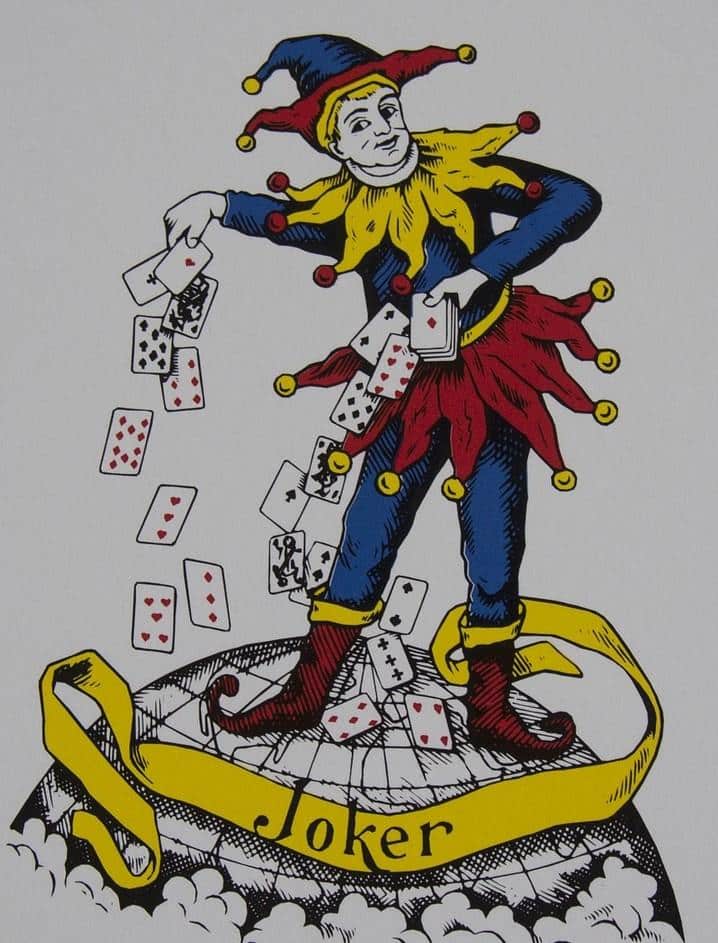By Darren P. Salute, Esq.
April 1 st , commonly referred to as “April Fool’s Day,” has arrived. Lots of people have fond memories of pulling practical jokes on one another back when they were in camp, high school, college, or at home. But practical jokes are one thing when you’re a kid or teenager, and quite another when you’re an adult in the work place. What happens when practical jokes are played in the work place and things go awry? Here are just two examples:
We’re not kids any more . . .
Kathy, a water systems engineer responsible for maintaining the water treatment plants located in a small community in the Sierra Mountains, was on the job when she heard a group of kids that she knew playing paintball. Thinking it would be a funny practical joke to surprise one of the players, a 14-year-old named Josh, she coaxed Josh to come over. After Josh removed his protective face mask—apparently assuming Kathy simply wanted to greet him—she shot him with a (borrowed) paintball gun. One projectile struck Josh directly in the eye, causing permanent and irreversible blindness in that eye—an unexpected result which was decidedly not funny and resulted in a severe injury. ( Hild v. Southern California Edison Co . (2007) WL 1806850)
An employee at another company thought it would be a funny practical joke to lower her co-worker’s chair while the co-worker was out of the office. When this co-worker returned and attempted to sit down, she injured her back when she fell into the chair abruptly. Once again, an unexpected result which was not funny at all and also resulted in an injury. ( Oliva v. Heath (1995) 35 Cal.App.4th 926)
So, who is responsible?
When practical jokes in the work place go wrong, sometimes the employer and employee are jointly responsible for the resulting consequences; other times the employee is solely responsible. The determining factor is whether or not the practical joke took place “in the course and scope of employment.” If so, while the employer and employee technically share responsibility, everyone knows that it is the employer who has the “deep pockets.”
If the practical joke took place in the course and scope of employment, the next thing to consider is whether or not the target of the joke was a fellow employee. If yes—and if this targeted employee was physically injured—the targeted employee can bring a workers’ compensation claim. If the injured person was not an employee, workers’ compensation does not apply and the employer could be fully responsible for any injuries sustained.
In the paintball case described above, a court determined that the conduct did not occur in the course and scope of employment. The court found that when an employee departs from his or her job duties for personal reasons while at the workplace, even if the employee is on the premises and using company property for her personal endeavor, the employer is not responsible for the employee’s conduct. Therefore, the employer was not liable for the rather substantial injuries. But in the chair-lowering case, the court ruled that the conduct was within the course and scope of employment. The big difference here was that the employer in the second case actually encouraged pranks and practical jokes as a way to improve employee morale. This type of thing was not just condoned, it was encouraged, and seen as part of the company culture.
What else can go wrong?
When practical jokes go awry, physical injury is not the only possible undesirable outcome. An employee who is the target of a practical joke (or jokes) might also file a lawsuit for violation of various employment laws, such as a hostile work environment, harassment or violation of civil rights. In fact, since workers’ compensation benefits are limited, employment law claims may actually be the easiest way to reach the employer’s deep pockets.
What are the legal ramifications for the practical joker?
The risks are significant for the practical joker, too. Depending on the details of the prank, not only can the practical joker be sued for negligence and held liable for any damages, he or she could also face criminal prosecution. The paintball shooter, for example, could have been charged with criminal assault and battery. Plus, of course, even if the perpetrator is not convicted, the prank can put his or her own financial future and future employment at risk.
Our advice: Don’t do it!
If pulling pranks at work is not currently part of your company culture, don’t let it happen. If something goes wrong, the fact that you do not condone that type of behavior will increase your chances (although will not guarantee) that the incident will be considered outside of the scope of employment and not your responsibility.
If the encouragement of pranks at work actually is part of your company culture, recognize the risks that this conduct brings to your business. Also, be sure to keep your workers’ compensation insurance up to date and your deep pockets full. Sooner or later, you’re going to need them both.
So, what clever pranks do you plan to play on your family, friends, co-workers and others on this April Fool’s Day? Before you do, be sure to carefully consider all the possible consequences of your actions.

Mr. Salute has been a licensed attorney in the State of California since 1994. He counsels clients and litigates civil and business matters. He has litigation experience in many areas of law including business litigation, franchise litigation and registration, intellectual property, trademark, copyright, trade dress and trade secret infringement, real estate, unfair competition and related business torts. He is a member of the State Bar of California and the Los Angeles County Bar Association. He is admitted to the Federal District court for the Central District of California.

